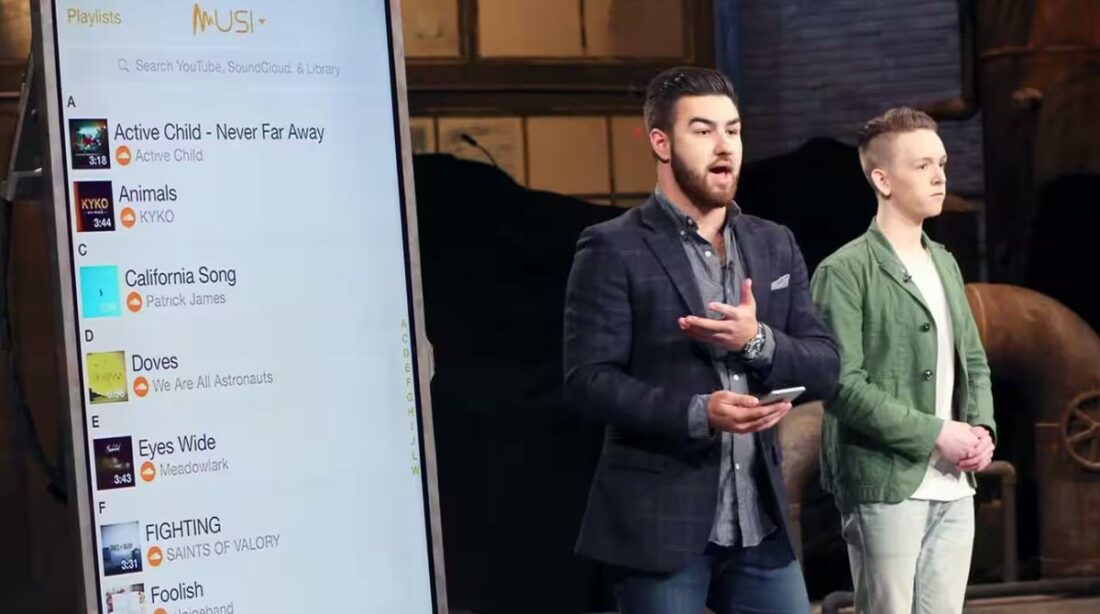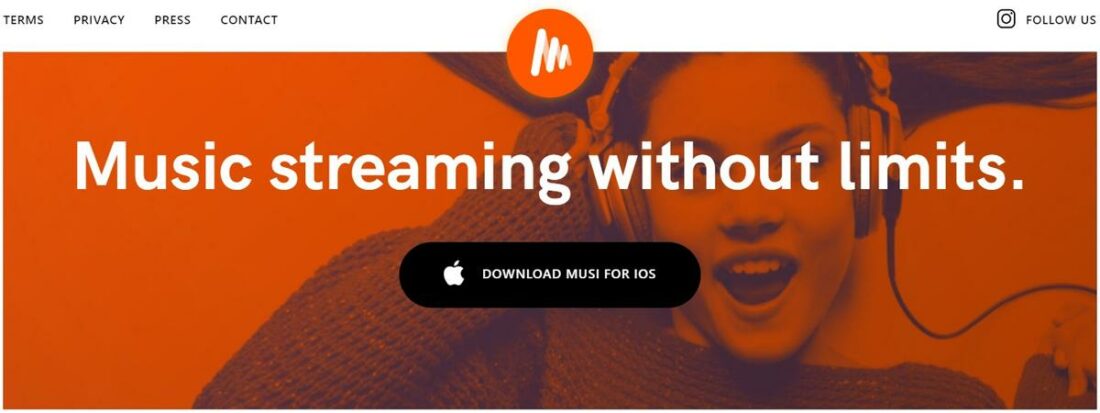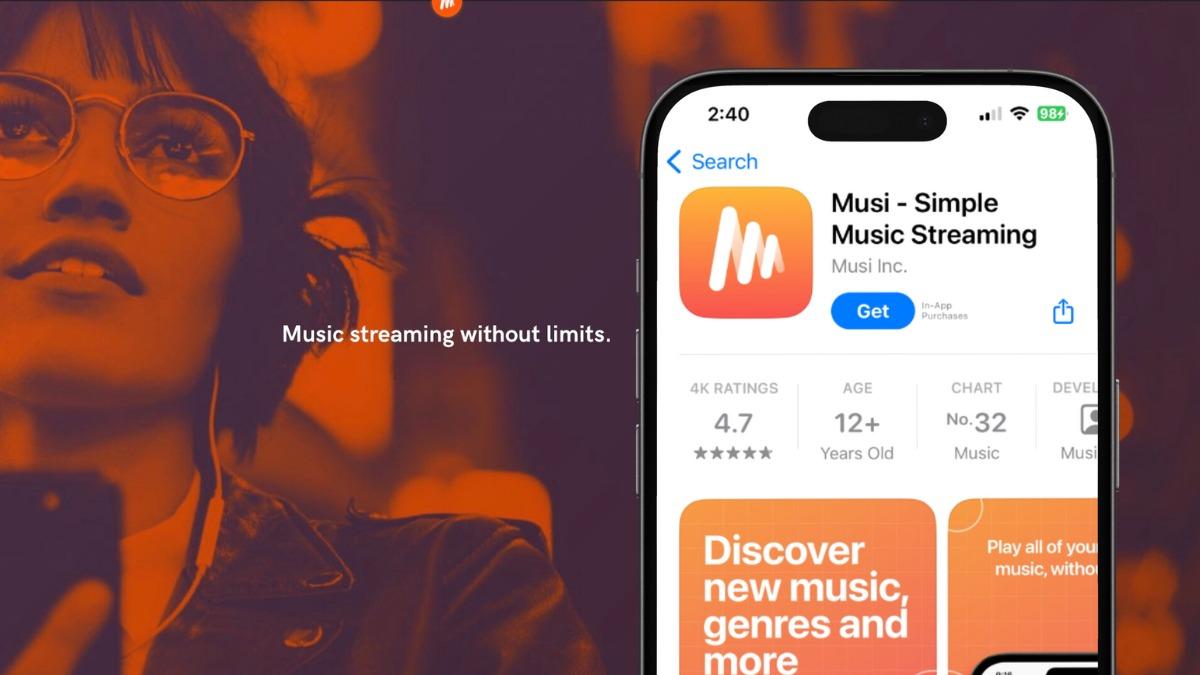Is Musi too good to be legal?
A free music streaming app called Musi has risen to become a big competitor in the digital music streaming industry.
Since its launch in 2016, it already got over 66 million downloads, which is way past popular platforms like Deezer and Pandora.
But despite its popularity, the legality of its business model, which involves streaming music from YouTube, has come under scrutiny.
Musi’s Rapid Growth and Popularity

Aaron Wojnowski and Christian Lunny, two 19-year-olds from Winnipeg, created Musi with a unique value proposition.
Upon opening the app, users are shown video ads. But once they sit through those, they can enjoy uninterrupted music totally for free. Then, only banner ads that don’t get in the way are displayed while listening, which can be removed by paying a one-time fee of US$5.99.
Musi’s simplicity is its hallmark. The no-frills app is devoid of extra features like song lyrics or concert information seen on other services. There’s also no download feature for offline listening.

Currently, Musi is available only on iOS. However, it has been making waves in terms of download numbers and revenue generation, as reported by data analytics firms.
Sensor Tower says that Musi downloads exceed its rivals as it became popular among iOS users in North America.
Musi’s success also reached new heights in February 2024 when it became the top-grossing iOS app, based on Pixalate. Over the past two years, it has ranked as the first or second highest-earning iOS app in North America, bringing in over $107 million from ads since January 2023.
Yet, Musi remains a small, private company with 2-10 employees according to its LinkedIn page.
Musi’s Legal Controversies

Musi’s legal situation is a subject of debate among legal experts. Some, like copyright lawyer David Herlihy, believe that Musi’s model is on solid legal ground.
On the other hand, James Grimmelmann, a professor at Cornell Tech, is cautious. He questions whether Musi’s use of YouTube content extends beyond the scope of YouTube’s licenses.
Grimmelmann also raises concerns about potential violations of YouTube’s terms of service. This could lead YouTube to restrict Musi’s access to its content, potentially messing up Musi’s business model.
Musi’s legal history also includes a 2019 lawsuit against an online ad network.
The network’s counter-complaint accused Musi of “knowingly and illegally ripping music off from YouTube.” Yet, the case was eventually dismissed in 2020.
Business Community Response

These legal uncertainties are reflected in the business community’s response.
Wojnowski and Lunny captured interest when they pitched their startup on the reality TV show Dragons’ Den. They managed to generate interest among the judges. But, they failed to secure lasting investment as potential investors withdrew due to legal worries.
According to WIRED, “one major label” is rumored to be considering litigation against Musi. Vevo has also expressed intentions to take action against Musi for using its music videos without a proper license.
Despite all this, industry insiders, like Audiomack‘s Dave Macli, believe that shutting down Musi will lead to the emergence of similar apps.
